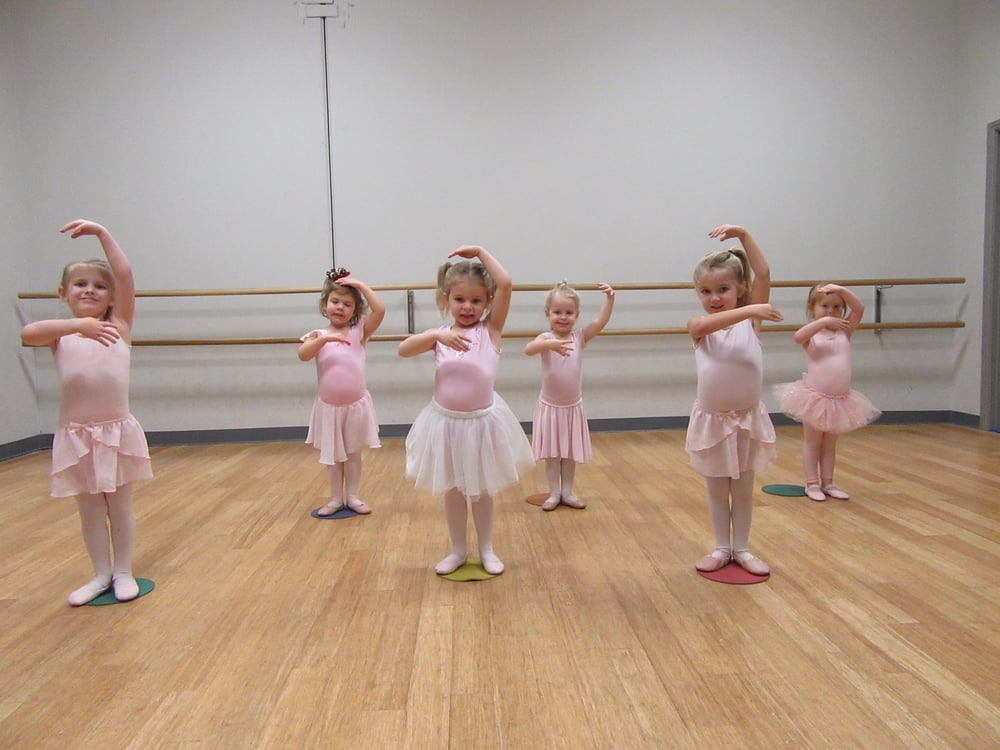Enhancing Children's Mental Health Through the Power of Dance
Apr 18, 2024 1:18:00 PM Family D.R.E.A.M. Center 3 min read

Discover the positive impact that dance can have on children's mental health and well-being
The Therapeutic Effects of Dance on Children's Mental Health
Dance has been found to have therapeutic effects on children's mental health. Engaging in dance allows children to express themselves creatively and emotionally, providing an outlet for their thoughts and feelings. Through dance, children can explore and process their emotions in a safe and supportive environment.
Furthermore, dance has been shown to improve mental health by reducing symptoms of anxiety and depression. The physical activity involved in dance releases endorphins, which are known as the 'feel-good' hormones. These endorphins help to boost mood and increase feelings of happiness and well-being.
In addition, dance can also improve cognitive function and focus. The complex movements and patterns required in dance stimulate the brain, enhancing cognitive abilities such as memory, attention, and problem-solving skills. This can have a positive impact on children's mental well-being and overall academic performance.
Improving Self-Expression and Communication Skills Through Dance
Dance provides an effective platform for children to improve their self-expression and communication skills. Through movement, children can convey emotions, ideas, and stories without the need for words. This can be especially beneficial for children who may have difficulty expressing themselves verbally.
In addition, dance encourages children to develop their creativity and imagination. They can explore different movements and styles, allowing them to express their unique personalities and perspectives. This freedom of expression can boost children's confidence and self-esteem, as they learn to trust their own ideas and abilities.
Furthermore, dance promotes effective communication and teamwork. When dancing in a group or partnering with others, children learn to communicate non-verbally, synchronize their movements, and work together towards a common goal. These skills are not only valuable in the dance studio but also in other areas of life, such as school, sports, and social interactions.
Building Confidence and Self-Esteem Through Dance
Dance can play a significant role in building confidence and self-esteem in children. When children learn and master new dance skills, they experience a sense of accomplishment and pride in their achievements. This boosts their confidence and belief in their abilities.
Moreover, dance provides children with opportunities to perform and showcase their talents. Whether it's in a recital, competition, or community event, performing in front of an audience can be a transformative experience for children. It allows them to overcome stage fright, develop self-assurance, and build resilience in the face of challenges.
Additionally, the supportive and inclusive nature of dance classes and communities can contribute to the development of a positive self-image. In an environment where everyone is encouraged to express themselves and celebrate their individuality, children feel accepted and valued for who they are. This acceptance and validation can greatly enhance their self-esteem and mental well-being.
Fostering Social Connections and Relationships Through Dance
Dance provides children with opportunities to connect with others and form meaningful relationships. Whether it's through group choreography, partner work, or simply sharing a love for dance, children can bond with their fellow dancers and instructors.
In dance classes and rehearsals, children learn to collaborate, cooperate, and support one another. They develop a sense of camaraderie and teamwork, as they work towards a common goal of creating a cohesive and synchronized performance. These shared experiences and interactions foster a sense of belonging and social connection.
Furthermore, dance can also help children develop empathy and compassion. Through dance, children are exposed to a variety of emotions and stories, allowing them to develop a deeper understanding of others' perspectives and experiences. This empathy and compassion can extend beyond the dance studio, positively impacting their relationships with peers, family, and the broader community.
Promoting Mindfulness and Stress Relief Through Dance
Dance can be a powerful tool for promoting mindfulness and stress relief in children. When children engage in dance, they are encouraged to be present in the moment and focus on their movements, music, and body sensations. This mindfulness practice can help children calm their minds, reduce stress, and improve their overall well-being.
Moreover, dance provides a physical outlet for releasing tension and pent-up emotions. The rhythmic movements and energetic routines allow children to channel their stress and anxiety into a positive and constructive activity. This can lead to a sense of release and relaxation, promoting a state of emotional and mental balance.
Additionally, dance can serve as a form of self-care for children. By engaging in dance, children can take a break from their daily routines and responsibilities, allowing them to recharge and rejuvenate. This self-care practice can enhance their resilience and ability to cope with the challenges and pressures of life.
